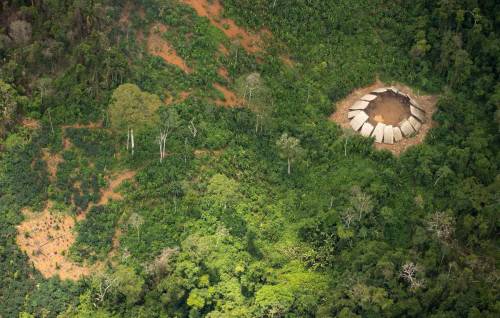#settlements
The Viking Age in Ireland
The Viking Age in Ireland
The exact reasons for Vikings venturing out from their homeland are uncertain; some have suggested it was due to overpopulation of their homeland, but the earliest Vikings were looking for riches, not land. Vikings also settled in Scotland and, like Ireland, started to settle with the local population. In Scotland these people became known as The Gallowglasses and would later arrive in Ireland as…

Editorial: January 2017
The turn of the year is always a time for rest, reflection and resolution. As 2016 passes I would like to thank you personally for your support over the past twelve months and longer.
Looking forward, the year ahead brings with it both challenges and opportunities for the international Palestine solidarity movement, not least because there are some significant anniversaries in 2017. It is 100 years since the infamous Balfour Declaration;70 years since the signing of the UN Partition Plan;50 years since start of the occupation of the West BankandGaza Strip; and 10 years since the beginning of the ongoing siege of Gaza. This year, it is all the more vital for us to work together to ensure that these anniversaries do not pass unnoticed and unmarked.
As the inauguration of President-elect Trump looms — the first major political shift of 2017 — his campaign statements suggest that the Palestinians face a crisis like never before. Despite this, there is much to remain hopeful about.
The close of 2016 brought with it the news that the UN Security Council has adopted a landmark resolution calling for a halt to all of Israel’s illegal settlement activity in the Occupied Palestinian Territories. Politically and diplomatically, therefore, there appears to be some progress.
However, the humanitarian crisis is getting worse by the day. Now, more than ever, the imperative is upon us to come together #ForPalestine and do our part to support our brothers and sisters in need. Interpal’s teams are there on the ground; please help them to ease the day to day struggles of the Palestinians as they try to bring some normality into their lives.
Post link
Muki Najaer / PNN Exclusive
On Friday morning a group of 100 gathered in Beit Jala’s Cremisan valley to pick and sort olives, as Palestinians have done every October for many centuries. Europeans, North Americans, South Americans, and Palestinians gathered to learn about the potential annexation of the land and demonstrate solidarity with Palestinian farmers, who face an uncertain future.
This year, the joy of harvest bears a bitter taste for many Beit Jalaians, who fear it could be their last time harvesting olives from the land. Israel has already annexed 22,000 dunums of Bethlehem and Beit Jala land to build illegal settlements, including Gilo, Har Gilo and Har Homa. Earlier this year, Israel proposed building a wall to separate the illegal settlements from the Cremisan Valley.
In September, the EU missions in Jerusalem and Ramallah issued a statement regarding Israel’s annexation plan, saying they are concerned about the proposed construction of an addiional separation barrier, east of the Green Line, in the Cremisan Valley (Beit Jala).
If this plan goes into affect, the valley will be enclosed by an apartheid wall on three sides, Beit Jalaians will lose 75% of their land, and 58 families will lose access to the farmland they depend on. Aditionally the barrier would separate children from their school at the Salesian convent and negatively affect the Cremisan Monastery, the primary place of worship for many locals.
Israel’s pretext for annexing the Cremisan Valley land is the ‘security’ of Israeli settlers, who live in settlements considered illegal according to international law under the Geneva Convention.
After local famers and politicians spoke about the potential annexation of the land, a group of Palestinians broke 2 meter barbed-wire barrier, previously prohibiting Beit Jalaians from accessing their lands. One woman told PNN, “My family has 7 dunums of land just past the barrier, but we can’t get to it to pick the olives.”
Children as young as a year sorted olives into buckets, beside grandmothers, who sat in the shade of trees, palms full of green and purple olives. Adolescents climbed ladders into tree crowns and younger children distributed water, coffee, falafel, and bread to the workers.


